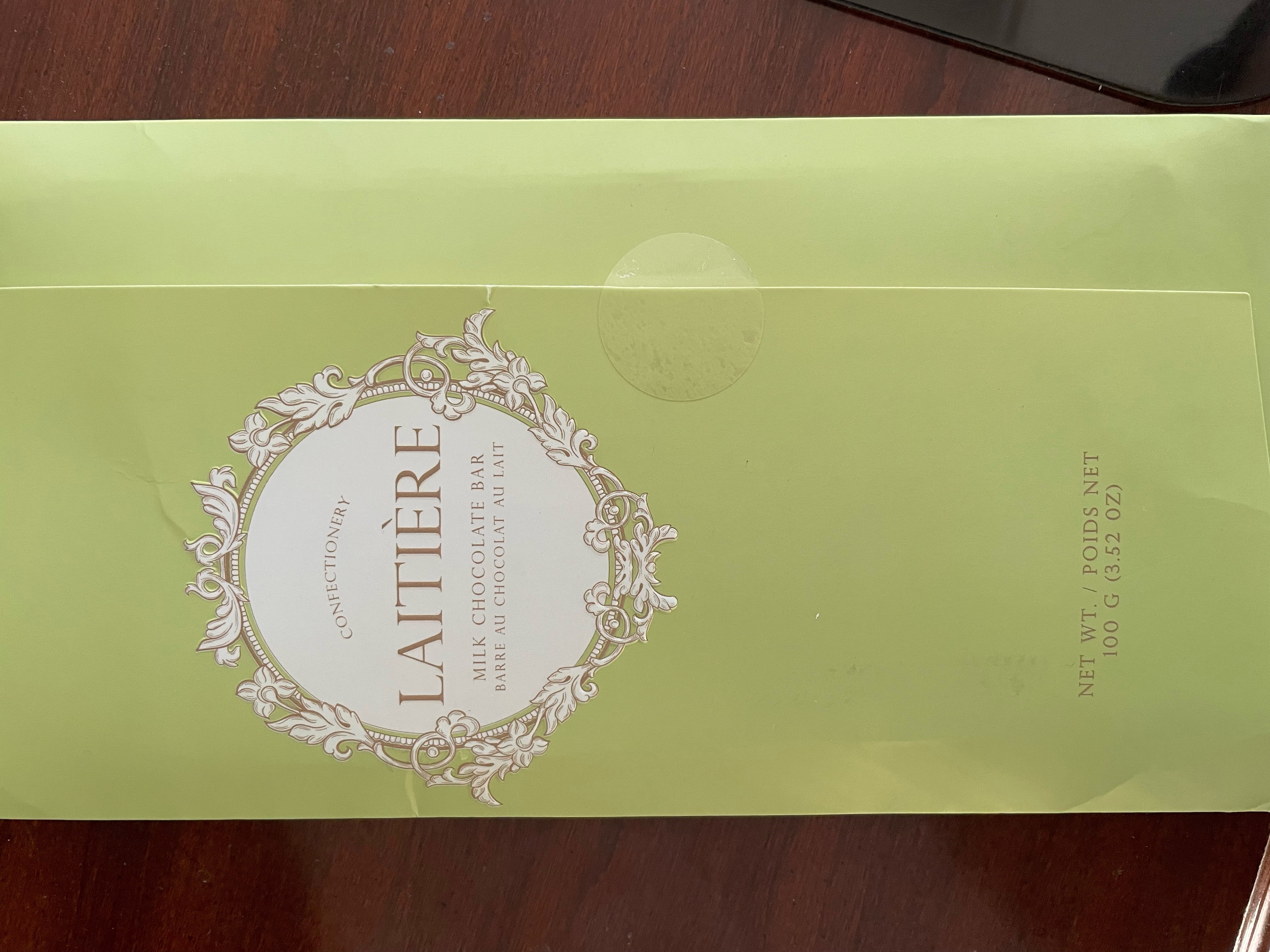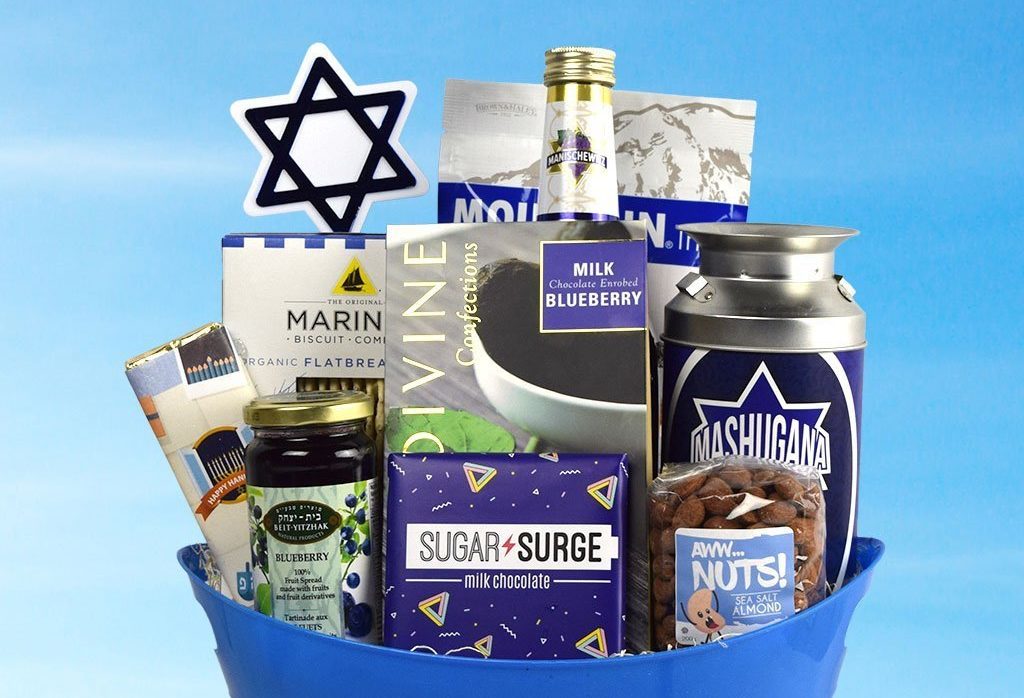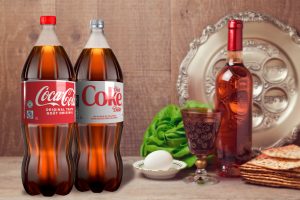Just in time for gift basket season, the Orthodox Union is warning consumers away from a Toronto-area supplier of such treats.
The kosher certification agency alleges, in a post on its website, that its trademark heksher is being abused by a Scarborough, Ont. company called Gifting Kosher, a purveyor of baskets filled with chocolate, wine and other indulgences.
To protect its trademark, the OU said “corrective measures are being implemented.”
“We are aware of this,” said Rabbi Chanoch Sofer, one of several rabbinic co-ordinators of the OU’s kashrut division. “It’s a misuse of the OU symbol. We never gave them a certification and we are in the middle of legal action against them.”
Rabbi Sofer added the agency is not claiming the products offered by Gifting Kosher are treif, it is only alleging some items marked with the OU hechsher have not been certified by the agency.
“I wouldn’t go so far as to say we claim they are not kosher because we don’t know where they get the products,” he said.
The OU’s website specifically alleges chocolate under the brand names Bruges and Latiere “and any other brand of The Gift Group” as improperly using the agency’s symbol.
Gifting Kosher is one of a number of gift basket companies operating under the corporate umbrella of The Gift Group. The company offers gift baskets, dog and cat treats and supplies, flowers and floral arrangements, healthy gift baskets, kosher food, wine and beer subscriptions.
Oakville lawyer Orie Niedzviecki has received two such gift baskets from a grateful client and found both contained non-kosher products.
“I opened it up and thought there’s very little in here that’s actually marked kosher,” he said in an interview. “Only one bottle of wine and a box of crackers were marked as kosher. There were cheeses and dips and crackers, but none of them were marked as kosher. There was no marking on them at all.”
Niedzviecki said he contacted the company but never got a satisfactory answer, other than an offer to send him the kosher labels from the original packaging of the items he was sent.
“They wrote back and gave me this ridiculous answer that some of the products might be missing kosher symbols,” he said. “Then they say if you’d like the kosher labels to be forwarded, we can request that the original packaging be forwarded, but it would take four to six weeks.”
“I never heard from them again and I didn’t bother following it up because I figured it wasn’t worth the trouble,” he added.

In an emailed response to Niedzviecki the company said “Since our kosher products are outsourced from several different suppliers throughout North America, and then carefully sorted and packaged individually by our production department within our warehouses, there is a possibility that some of the products delivered might not feature the original kosher symbols. However, we can assure you that the products delivered are kosher certified, as confirmed by our suppliers.”
The second gift, from the same client, did contain more products properly labelled—but also others that had kosher labels stuck on the packaging or with stickers promising they were made with kosher ingredients.
The CJN also emailed the company several weeks ago asking about kosher certification, but received only a stock response saying the issue would be addressed within 72 hours.
Vicky Shizgal, of Montreal, also received a basket from Gifting Kosher and said in an interview she was shocked when she thought to look for kosher certification on some of the baked goods it contained.
“I received a basket from an organization and I assumed of course they’re not going to send me something that’s not kosher and I just started eating all the baked goods, and then it dawned on me I didn’t see any certification.
“I started to investigate and the people who sent it to me were mortified, they had no idea, they thought this was a reputable company.”
While there’s no clear definition in Canadian law about what constitutes a kosher product, the issue for Shizgal and Niedzviecki is allegations the OU symbol has been attached to products without approval.
“When I talk to my friends about what is kosher, we know it is something with a hechsher from an organization that we accept,” Niedzviecki said.
“Every kosher consumer knows very well you need to check, that somebody simply saying something is kosher is not enough. Whatever level you’re at you have to make sure you’re getting it from someone you trust,” he added. “I guess it’s up to the consumer to make sure what is meant when you say you’re selling something kosher.”





